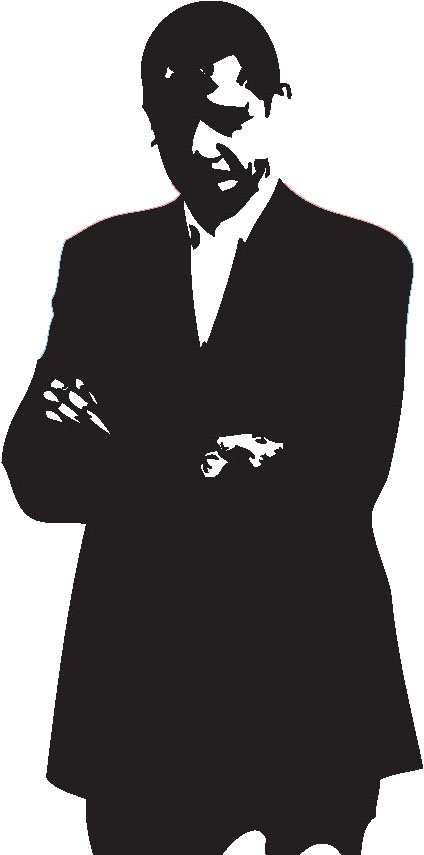 Barack Obama raised the hopes of global justice advocates by committing to significant changes in our international economic policies. As president, however, his efforts to implement alternatives have been slow to get off the ground.
Barack Obama raised the hopes of global justice advocates by committing to significant changes in our international economic policies. As president, however, his efforts to implement alternatives have been slow to get off the ground.
When the economic crisis hit, the need to overhaul our whole approach to globalization became all the more urgent. Countries that went the furthest to liberalize trade and investment proved to be the most vulnerable to volatile global export and investment markets. Obama took the opposite view, pointing to the crisis as a reason for postponing promised reforms, such as renegotiating the North American Free Trade Agreement.
On the positive side, the president did not expand the failed “free trade” agenda. Trade officials did not twist arms on Capitol Hill to secure approval of deals negotiated by the Bush administration, nor did they pull out the stops to break the impasse at the World Trade Organization (WTO). However, Obama has expressed a desire to conclude the WTO talks. And in December, he reportedly told congressional leaders he wants to advance the pending bilateral agreements. Harmless lip service? Hard to tell.
One area in which the administration showed great openness to discussing serious change was investment policy. There has been growing controversy over rules in trade agreements and bilateral investment treaties, which give foreign investors the right to sue governments in international tribunals over actions that may reduce the value of investments, including public interest regulations.
Obama has committed to reforming these rules and established an investment advisory committee that included a number of progressive experts. However, even before the advisory process had concluded, U.S. officials began negotiating investment deals with China, India, and several other countries. Although they explained that these discussions would not go beyond the technical phase, this raised concerns that some in the administration may be pushing for more “business as usual.”
The administration also gave mixed signals on debt. As a senator, Obama supported the Jubilee movement, agreeing that it makes no sense for the poorest countries to spend more on interest payments to rich financial institutions than on education or health care at home. Some key Obama Treasury officials are sympathetic. But the administration has not yet pushed for a global debt deal, opting instead to give crisis-related aid in the form of loans through the International Monetary Fund.
On another key issue for global civil society — financial transactions taxes — the administration has also been difficult to read. In November, Treasury Secretary Timothy Geithner seemed to throw cold water on the idea of setting small levies on stock trades and other transactions as a way to curb speculation and raise revenues for public goods. More recently, Geithner has reportedly expressed more openness.
After one year, it’s hard to point to new global economic policies that are better for people and the planet. But the Obama administration has helped bust open the debate over globalization policies that have been marching forward, largely unchallenged, for several decades.
